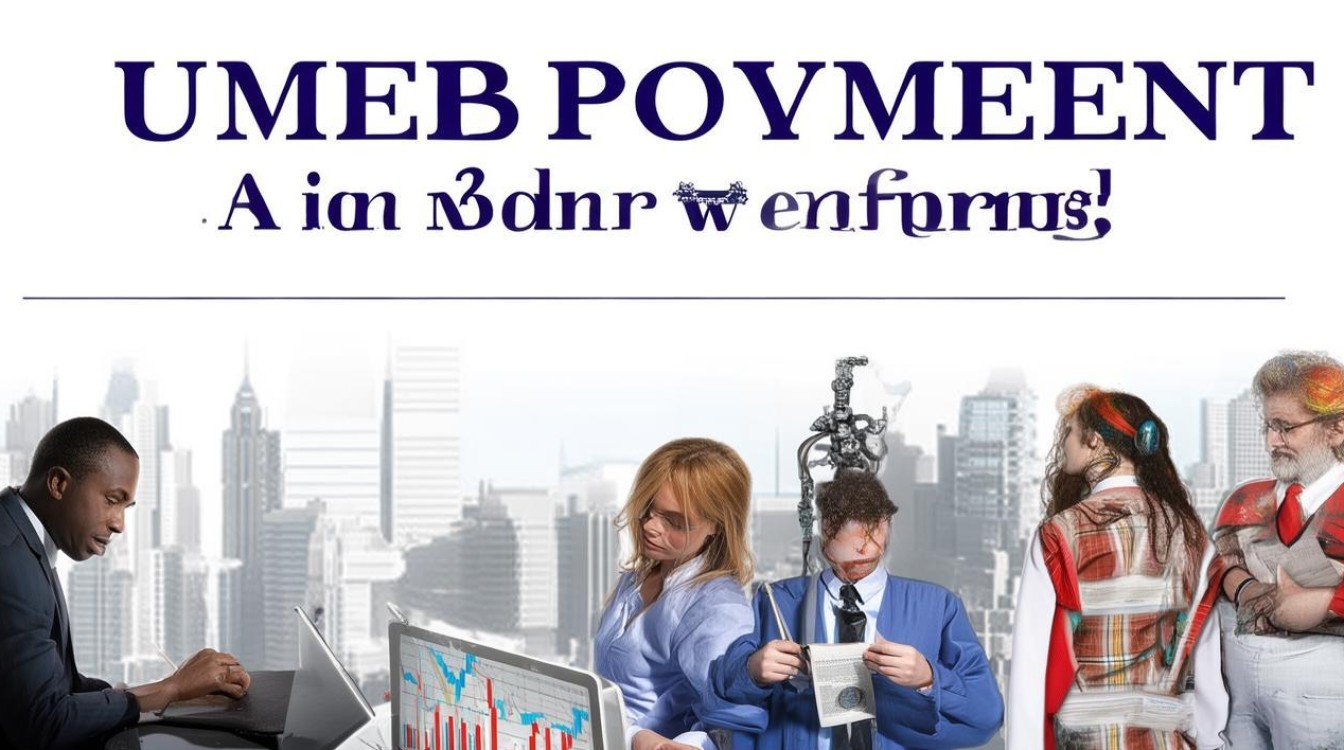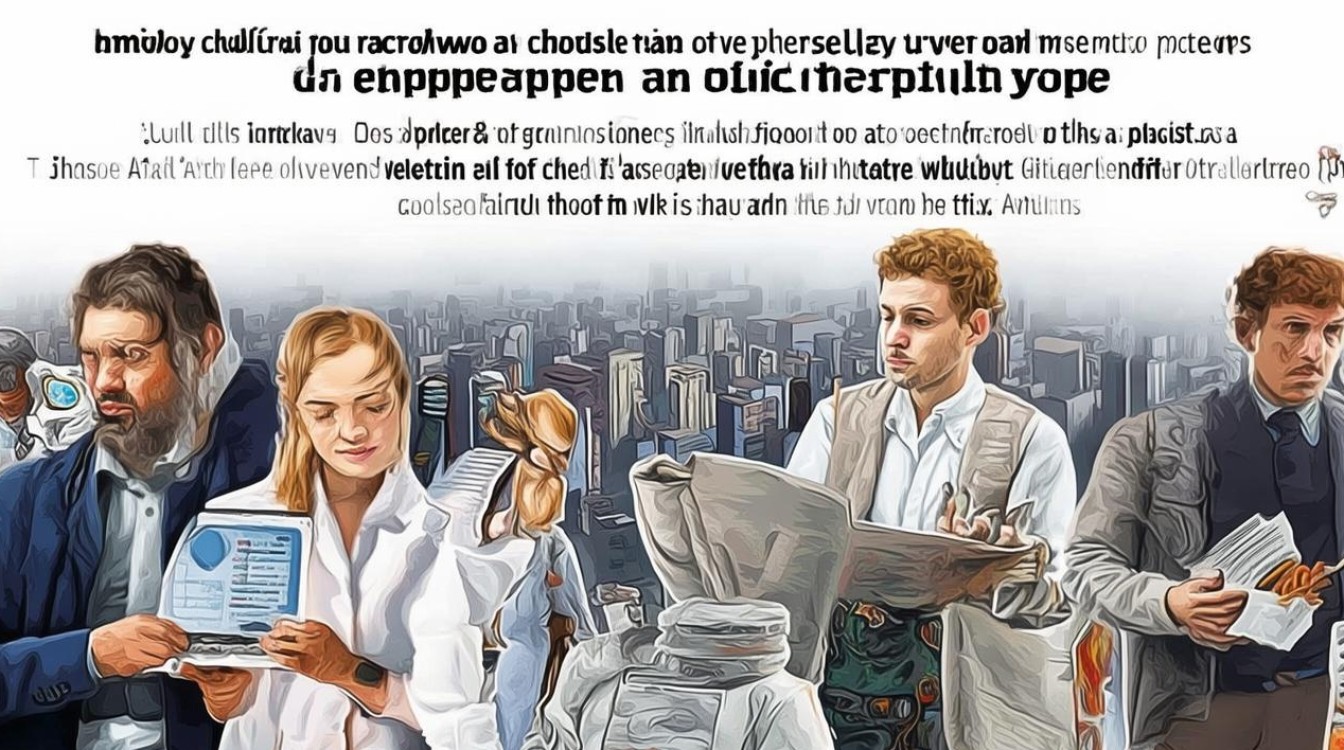Unemployment remains a pressing issue across the globe, affecting individuals, families, and economies. Understanding its causes is essential for policymakers, educators, and job seekers alike. This article explores the primary reasons behind unemployment, focusing on economic, technological, and personal factors.

Economic Factors
Economic instability often leads to job losses. Recessions, inflation, and market crashes force companies to cut costs, with layoffs being a common result. For example, the 2008 financial crisis caused millions to lose jobs worldwide. Businesses struggling to stay afloat reduce their workforce, creating a ripple effect across industries.
Globalization also plays a role. Companies relocate operations to countries with cheaper labor, leaving employees in higher-wage regions unemployed. While globalization boosts efficiency, it disrupts local job markets. Trade policies and tariffs can further complicate employment stability, as seen in manufacturing sectors where jobs move overseas.
Technological Advancements
Automation and artificial intelligence are transforming industries. Machines and software now perform tasks once done by humans, from assembly lines to customer service. While technology increases productivity, it eliminates certain jobs. For instance, self-checkout systems reduce the need for cashiers, and automated customer service tools replace call center employees.
The demand for tech-savvy workers rises, but not everyone adapts quickly. Those lacking digital skills face difficulties securing employment. The gap between available jobs and worker qualifications widens, leaving many behind. Continuous learning is crucial, yet access to education and training remains unequal.
Educational Mismatch
A mismatch between education and job requirements contributes to unemployment. Some graduates find their degrees irrelevant in the current market. For example, a surplus of liberal arts graduates may struggle to find roles in a tech-driven economy. Vocational training often aligns better with employer needs, but societal emphasis on traditional degrees persists.

Employers also prioritize experience. Fresh graduates without internships or practical skills face rejection. The expectation of immediate productivity leaves little room for on-the-job training, making entry-level positions scarce.
Demographic and Social Challenges
Population growth outpaces job creation in many regions. Younger generations entering the workforce compete for limited positions, increasing unemployment rates. In some countries, aging populations strain pension systems, forcing older workers to stay employed longer and reducing opportunities for younger candidates.
Discrimination based on age, gender, or ethnicity further limits job access. Despite anti-bias laws, unconscious preferences during hiring processes persist. Women, minorities, and older applicants often encounter barriers, regardless of qualifications.
Personal Circumstances
Individual choices and circumstances influence employment status. Reluctance to relocate for work limits job prospects. Some prioritize work-life balance over high-paying but demanding roles. Others face health issues or caregiving responsibilities that prevent steady employment.
Mental health challenges, such as anxiety or depression, also hinder job searches. The stigma around these issues discourages seeking help, creating a cycle of unemployment and deteriorating well-being.

Government Policies and Labor Laws
Regulations designed to protect workers sometimes have unintended consequences. Strict labor laws may discourage hiring, as employers fear difficulty terminating underperforming employees. High minimum wages, while beneficial for workers, can lead to reduced hiring or increased automation.
Inadequate unemployment benefits or retraining programs fail to support job seekers effectively. Countries with robust social safety nets, like Denmark’s flexicurity model, show better outcomes by combining flexible hiring with strong support systems.
The Gig Economy’s Double-Edged Sword
Freelancing and gig work offer flexibility but lack stability. While platforms like Uber or Upwork provide income, they rarely offer benefits or long-term security. Gig workers often struggle with inconsistent earnings and no safety net, blurring the line between employment and underemployment.
Industry-Specific Declines
Certain sectors shrink due to changing consumer habits or environmental policies. The decline of coal mining, for instance, leaves workers unemployed unless they retrain for renewable energy jobs. Similarly, print media struggles as digital platforms dominate, reducing traditional journalism roles.
Psychological Impact of Unemployment
Beyond financial strain, job loss affects mental health. Long-term unemployment erodes confidence, making re-entry into the workforce harder. The stress of financial instability strains relationships and diminishes overall quality of life. Society often undervalues the emotional toll of unemployment, focusing solely on economic metrics.

Moving Forward
Addressing unemployment requires multifaceted solutions. Governments must invest in education and vocational training aligned with market needs. Businesses should prioritize upskilling employees rather than immediate cost-cutting. Individuals must embrace lifelong learning to stay competitive.
Technological progress is inevitable, but its benefits should be inclusive. Policies encouraging innovation while protecting workers can balance efficiency with employment stability. Social support systems must evolve to cover gig workers and those in transitioning industries.
Unemployment is not just an economic issue but a human one. By understanding its root causes, societies can develop strategies that foster resilience and opportunity for all. The path forward demands collaboration between policymakers, educators, employers, and job seekers to create a sustainable and equitable labor market.
The conversation about unemployment must shift from blame to solutions. Every stakeholder has a role in building a future where work is accessible, meaningful, and adaptable to an ever-changing world.

